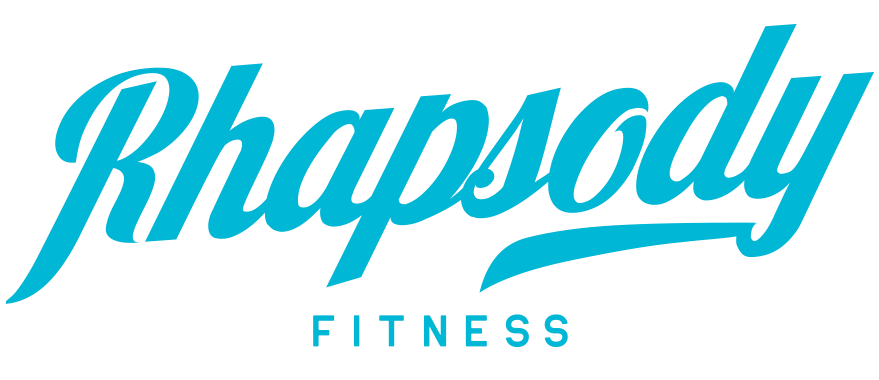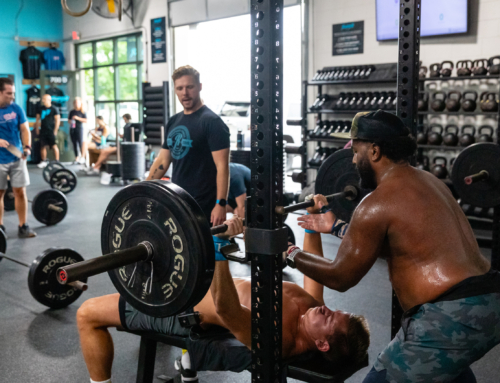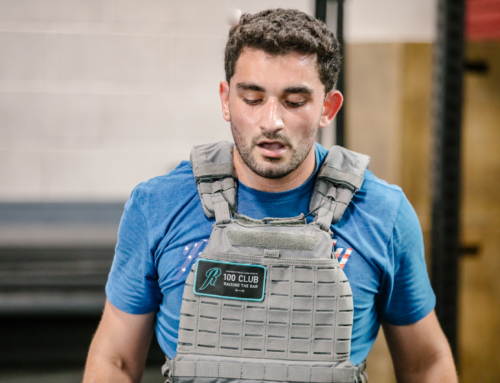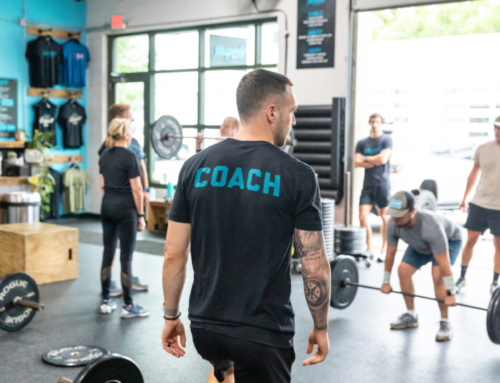 For the past several years, salt has earned a bit of a bad reputation. Too much salt in your diet leads to high blood pressure, right?
For the past several years, salt has earned a bit of a bad reputation. Too much salt in your diet leads to high blood pressure, right?
Well, it might for certain individuals. But it turns out that salt may not be as evil as you might think.
Sodium 101
Salt is an electrolyte that your body uses to maintain a fluid balance inside and outside of your cells. Along with other electrolytes such as potassium, magnesium, calcium and phosphate, sodium plays an essential role in keeping your body properly hydrated.
You need salt in your diet because your body can’t produce sodium on its own. Not only does salt maintain fluid balance, but it also helps with the absorption of nutrients, supports brain and nerve function, and plays a part in muscle contractions.
The 2015-2020 Dietary Guidelines for Americans recommend limiting sodium intake to no more than 2,300mg per day. But most Americans meet and surpass that amount every day. The average person who is fairly sedentary should avoid excessive sodium intake, but what about highly active individuals and athletes?
When you work out, you lose fluid and sodium through your sweat. And your sweat rate varies. It depends on your fitness level, the temperature of your environment, and the intensity of your workout. Because of the amount of salt an athlete loses during a workout, their daily sodium intake will vary from a less active individual.
How to Manage Intake as an Athlete
The best way to gauge how much salt you need to have in your diet is to work with a doctor or dietician. But generally speaking, athletes will need to replace the salt they lose through sweat. Doing so aids in recovery, maintains blood volume and reduces muscle cramping.
So, where should the salt in your diet come from? Processed foods like deli meats, frozen meals, cured meats, canned soups and chili and fast food options tend to be extremely high in salt. But these processed food options contain many other additives making them not the best sodium sources.
Better Sodium Choices
- Meats and seafood
- Eggs and dairy
- Vegetables like celery, beets and artichokes
- Soy sauce
- Salted nuts
To learn more about Rhapsody Fitness in Charleston and our range of programs,get in touch with Team Rhapsody today.





